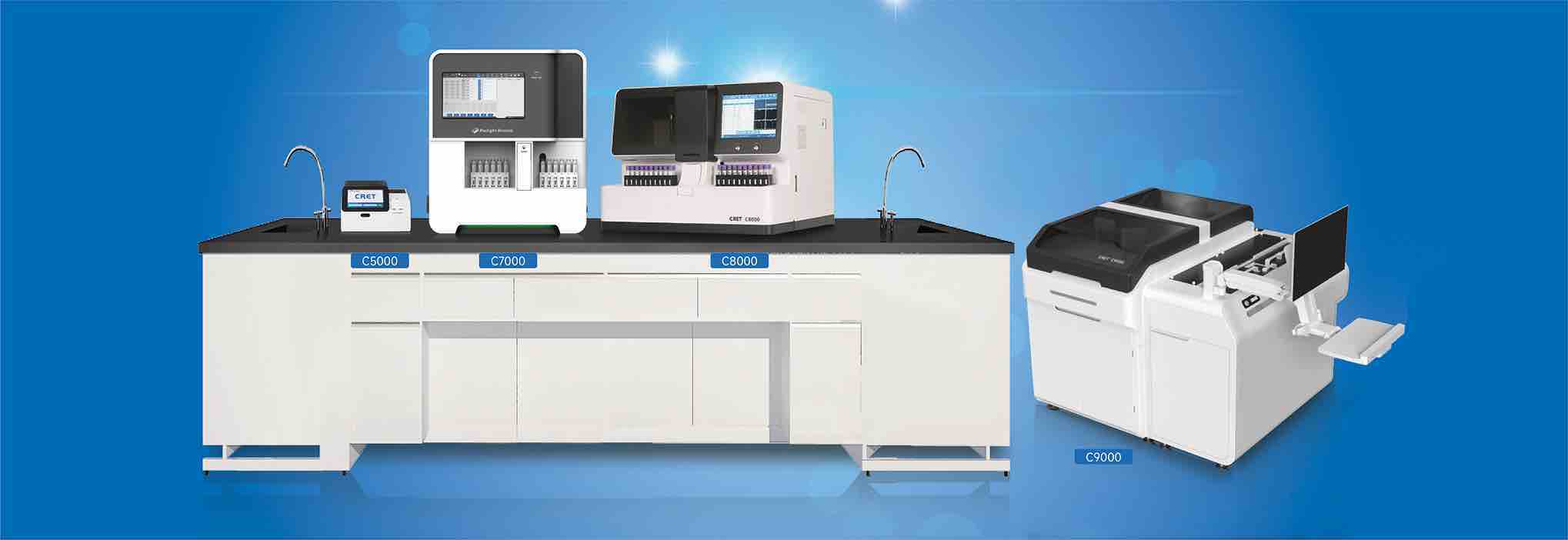1. Understanding Thyroid Function
A normal thyroid gland is important for the body's growth, behavior, and psychological and neurological development. The main function of the thyroid gland is to produce, store, and secrete thyroid hormones (TH), including thyroxine (T4) and triiodothyronine (T3), and is regulated by the hypothalamic-pituitary-thyroid axis. TH has a role in regulating mood, brain development, neurotransmitters, neuronal differentiation, synapse and myelination, neuroprotection, and brain metabolism. Thyroid dysfunction can lead to neuronal cell death, impaired synaptic plasticity and memory, misfolded protein deposition, oxidative stress, and neurological disorders, which promote the development of AD.
2. Thyroid disfunction
Kim [1] selected 1,977 AD patients and 16,473 age- and sex-matched controls from a database of more than 500,000 people from 2002 to 2015, and showed a relationship between thyroid disfunction and the risk of developing AD. The results of the two models using multiple logistic regression analysis showed that the odds ratios (OR) ratios for AD in patients with thyroid dysfunction were significantly higher and statistically different than those with normal thyroid function. Among them, hypothyroidism (OR=1.14, 95% CI=1.00-1.30, P=0.046), thyroiditis (OR=1.22, 95% CI=1.05-1.40, P=0.008) and hyperthyroidism (OR=1.13, 95% CI=1.01-1.28, P=0.039).
3. Thyroid Test kits Supplier
Based on the chemiluminescence platform, the company has developed five thyroid functions to provide strong support for the early detection and treatment of thyroid diseases. And it has the following product advantages:
∴ CRET technology: It is more advanced, accurate and fast in the detection of small molecules of thyroid function, metabolism and hormones
∴Wide range of application scenarios: on-site testing, instant sample
∴Low cost clia reagent : lyophilized reagents, no need for cold chain transportation; Packaged in single-serve containers to avoid waste.
4. Thyroid test report interpretation

The secretion and release of thyroid hormones are mainly regulated by the hypothalamic-pituitary-thyroid functional axis. In the diagnosis and treatment of thyroid diseases, various laboratory tests are inseparable. Thyroid function test is the most commonly used test index for clinical evaluation of thyroid disease, and the five tests of thyroid-stimulating hormone (TSH), free triiodothyronine (FT3), free thyroxine (FT4), total triiodothyronine (TT3), and total thyroxine (TT4) are called thyroid function five tests. These important indicators can actually reflect the health status of thyroid function, which can be described as a "barometer" of thyroid health.
The company's thyroid test kits have less sample demand, stable performance of reagents without cold chain, accurate results, and results in 3 minutes.
[1] Kim JH et al. The Association Between Thyroid Diseases and Alzheimer’s Disease in a National Health

 English
English français
français русский
русский español
español português
português العربية
العربية 日本語
日本語 Türkçe
Türkçe हिंदी
हिंदी Indonesia
Indonesia 







 IPv6 network supported |
IPv6 network supported | 